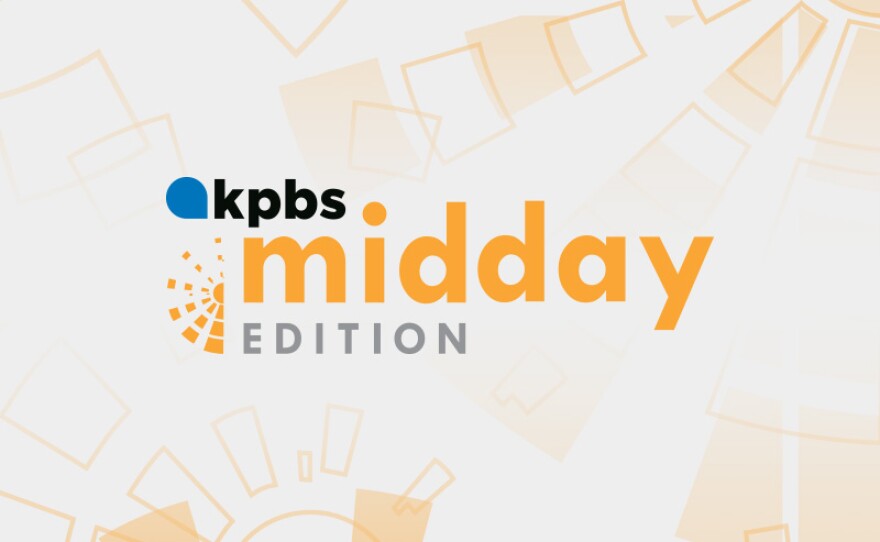For Latinos Ineligible To Vote, US Census Offers Path To Political Power
Speaker 1: 00:00 Local organizations and those sprinting to make sure there's an accurate census count this year up to the Trump administration, significantly curtailed counting in San Diego as part of our every 32nd series in collaboration with the world. KPBS reporter max and Nadler tells us just how important this year's census is to Latino political power in agricultural communities. Since this organizers have been worried about a possible undercount in Latino communities for years, those worries intensified when the Trump administration announced that in-person counting in San Diego will end September 18th weeks before it was supposed to the census determines how much money and how much political representation these communities will have for a decade. Organizers. Like [inaudible] say a Latino getting counted in 2020 can bring about even more change than casting a single vote. For instance, this year's cares. Act the pandemic really funding bill was allocated based in part on the 2010 census. Speaker 2: 00:58 I know we talk about time. We tell them, you count yourself this year. You're making sure you count for the next 10 years. You don't count yourself this year. You basically are not receiving or don't exist for the next 10 years. And guess what? We're going to lose $2,000 each year for each person that doesn't count for the next Speaker 1: 01:21 [inaudible] us works for the Vista community clinic. She organizes agricultural workers from Mexico and central America who worked the avocado fields. Many of these workers can't vote. Their children. Many of whom are us. Citizens are still too young to vote. So to participate politically illustrious wants them to get counted. That's not always easy, says he less Gus, especially when it comes to undocumented and mixed status families, Speaker 2: 01:44 Many of them still have said that other people have expressed a distress. Are they really the employees? Or are they faking to be the employees in order to, to get them? Because for years we've been saying, don't open the door to, uh, ice officials. This is your right, right. And you know, now we're saying open the door Speaker 1: 02:05 That transition takes trust between census organizers and the community, but other issues like wildfires and pandemic relief are taking priority on a recent sweltering day in San Marcos, wildfires threatened rural communities across the state. Our cellar Nunez Alvarez, a community organizer planned on leading a group of volunteers to pass out census literature outside of a low income housing development. But the volunteers are redirected. A wildfire had just broken out in a farm worker community. Speaker 2: 02:36 We work with a lot of adults. Many have very limited formal education. They've had to work their entire lives, but care about their community. Speaker 1: 02:47 Nunez Alverez grew up here. She understands the importance of messaging coming from members of the community. Speaker 2: 02:53 These leaders that live in apartment complexes, like the ones here around us. So they're members of that community. They speak the language of the community. They look like the community that we're trying to reach. She says that Speaker 1: 03:07 Any community members can't vote. That doesn't mean they don't have a role to play in getting resources to their community Speaker 2: 03:14 Communities that have them politically disengaged are disenfranchised and under counted. You know, in the sense that Speaker 1: 03:22 Miguel Hernandez is an organizer with [inaudible], which is helping spearhead census efforts in the Imperial Valley. He said that going from fuel is not always an option for census organizing. You know, that particular thing might work for the other communities, but you know, for, for Imperial County others, uh, you know, people that first do not have access to the internet, or they're not have the literacy on how to operate a computer. He's worried that not having that face to face interaction during the pandemic has set them back that having a direct conversation and, you know, probably shaving a, a coffee or, you know, let's go cheap as bundles or something like that with their neighbors. That's the way what community wants to be approached. That's the way of community builds confidence with the information you've given them. Time is running out for Latino communities, undocumented immigrants and citizens who have just a few more days to make themselves count and a decade to live through the results maximum and Adler KPBS news.


